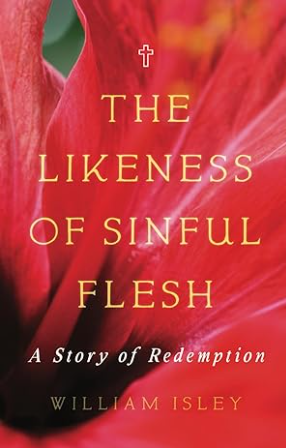There was a recent conservative uproar over the fact that for the fourth year in a row President Obama did not verbally give thanks to God in his Thanksgiving Address (http://news.yahoo.com/obama-thanksgiving-address-calls-unite-behind-wh-doesn-080136187.html). The whole issue should make us examine the purpose of Thanksgiving and the expectations we have for religious expressions by public officials.
I have no reason to doubt the sincerity of President Obama’s statements concerning his personal faith, even though I remain doubtful of his adherence to orthodox Christian doctrine and practice. The President’s consistent omission of giving public thanks to God on Thanksgiving is probably because he realizes that he would more likely offend a number of his supporters than win over to his side any opponents; so conservatives are probably correct in seeing the omission as intentional and politically motivated. But what official presidential public statement is not carefully crafted?
Therein lies the rub. Conservative Christians generally are concerned with the removal of religion from the public square and rightly so, I would say. Nevertheless, one of the Ten Commandments that many want posted in the courts is, “You shall not take the name of the Lord your God in vain” (Exodus 20:7). One sense of the third commandment is a prohibition on uttering the name of God in an idle, careless or useless way. Surely we can see that for an official to mention God from political motives is an abomination and “the Lord will not hold him guiltless” (Exodus 20:7). Let us abhor this staining of God’s name.
Of course, it is not given to us to see into the heart of a man; so we cannot be completely certain of a president’s motives for speaking of God. However, it does say something about the superficiality of our commitment to honoring God, if we are satisfied with a public official’s vague or passing reference to God and his blessings. American Christianity, even its civil religion, was not always so anemic. Listen to the words of President Abraham Lincoln in his 1863 proclamation making Thanksgiving a national holiday,
“No human counsel hath devised nor hath any mortal hand worked out these great things. They are the gracious gifts of the Most High God, who, while dealing with us in anger for our sins, hath nevertheless remembered mercy. It has seemed to me fit and proper that they should be solemnly, reverently and gratefully acknowledged as with one heart and voice by the whole American People. I do therefore invite my fellow citizens in every part of the United States, and also those who are at sea and those who are sojourning in foreign lands, to set apart and observe the last Thursday of November next, as a day of Thanksgiving and Praise to our beneficent Father who dwelleth in the Heavens. And I recommend to them that while offering up the ascriptions justly due to Him for such singular deliverances and blessings, they do also, with humble penitence for our national perverseness and disobedience, commend to his tender care all those who have become widows, orphans, mourners or sufferers in the lamentable civil strife in which we are unavoidably engaged, and fervently implore the interposition of the Almighty Hand to heal the wounds of the nation and to restore it as soon as may be consistent with the Divine purposes to the full enjoyment of peace, harmony, tranquility and Union.”
Thanksgiving was meant to be a day to give thanks to God for his blessings, for repentance “for our national perverseness and disobedience” and of prayer for those who were mourning and had suffered the loss of loved ones. I cannot imagine any contemporary political figure making such a forceful statement as Lincoln’s. The left would wonder what abuse he had suffered as a child that had made him believe in an angry God, and the right would accuse him of a lack of patriotism for calling the greatest nation on earth perverse and disobedient. Lincoln’s proclamation contains a much stronger belief in God’s providence and judgment and the gravity of human sin than can be heard in sermons emanating from many contemporary Christian pulpits. May God have mercy on us for sinking so low!


Thanks, Bill, for the excellent thoughts. Good exercise for my weak brain.
Thanks, Ken. I don’t think that your brain is weak!